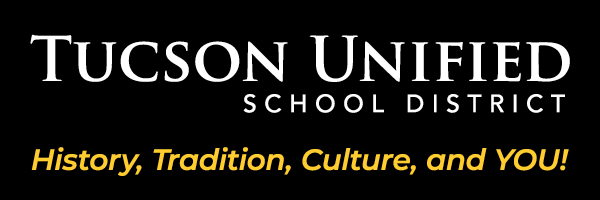5th Grade ELA Course
Question 1: How does understanding diverse perspectives shape the way we share and interpret stories?
We begin the year building thinking and reading routines to support time management in our literacy block. Through discussions and collaboration, we review our comprehension and writing skills. Our explorations of language prepare us for more intense study of Greek and Latin roots multisyllabic words in English.
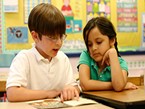
All living things, directly or indirectly, rely on plants to convert the sun’s energy into food. Development of these resources has an impact on the natural world, allowing scientific knowledge and technology to progress. As we read to learn, we create mental images of scenes, characters, or events to enhance comprehension.
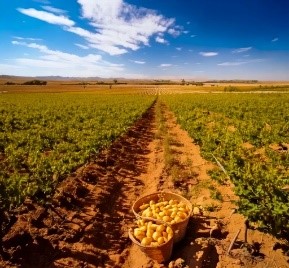
Through realistic fiction, authors create characters who could exist in real life and develop plots that could happen. We make connections between characters and note changes that take place over a series of chapters, scenes or stanzas. In writing, we focus on word choice to reach an audience as we develop an essay to share our opinions.
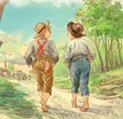
The purpose of the U.S. Constitution was to outline the powers and responsibilities of the federal government. We learn how laws can be added through the amendment process. We connect the text to our own lives, other texts, or the world, making the material more relevant and engaging. We share our learning through an informative essay.

Every piece of writing has a unique point of view, purpose and theme. People of different genders, cultures or perspectives may experience the same interactions differently. To convey events fully, we use figurative language such as idioms, adages, proverbs and similes to influence the audience and provide a rich message.

New technology is a crucial driver of the economy of the U.S.. The Industrial Revolution led to widespread and rapid changes to society. We integrate information from multiple sources, drawing inferences and determining critical facts, sharing our opinion on the impact of science and engineering. We explore Latin roots to unlock word meaning.

Works of fiction contain a theme or message that is supported by the setting, characters and other story elements. The conflict of “animal vs. nature” is a universal theme often explored in literature as the characters respond to challenges. We learn about an author’s development of meaning and tone through visual elements and attempt to make connections between two stories with similar themes.

Wars, and other conflicts that are resolved with violence, have major effects that create a lasting impact on the peoples and nations involved. By comparing and analyzing themes, characters and events, we develop a deeper understanding of how conflicts have shaped our nation and the lessons we can learn from the past. As we study the impact of conflict, we develop narratives to share our perspective on history.
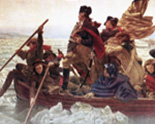
Not only is water an essential resource, supporting all life on Earth; it represents various things to different cultures around the world. We consider the important role of water in the formation of communities and in people’s everyday life. Exploring various genres of text, we recognize how authors use reasons and evidence to inform their readers, especially to convey complex ideas and build content knowledge.

A city’s economic development is tied to its geographic location, resources, industry, population, and culture. People migrate to cities in search of jobs and other opportunities, bringing a variety of cultures and motivations. We draw on information from multiple sources to develop an understanding of economic forces and build vocabulary, sharing our new learning by creating and giving a multimedia presentation.

Everything is made up of particles of matter called atoms that are too small to be seen by the eye. Scientific advances in many fields of science rely on the study of matter and its transformations. With complex text, we must use strategies to process what we have learned after reading a text and how the knowledge fits into our understanding. This practice helps solidify understanding and motivate students to further study or share their learning.

We are here to equip, inspire and enrich the strengths of all learners with relevant educational experiences for lifelong learning.
Every day we strive to provide a world-class education that is equitable, empowering and inspiring for all.
Learn more about our programs & resources.
C&I Department
520-225-6282
1010 E. Tenth St. (map)
